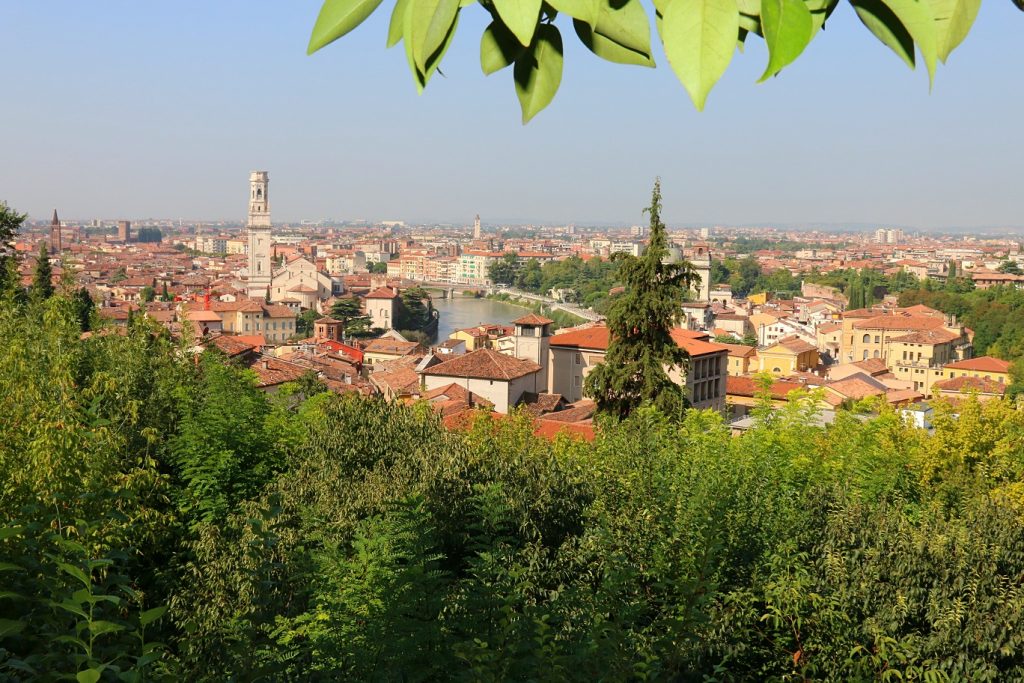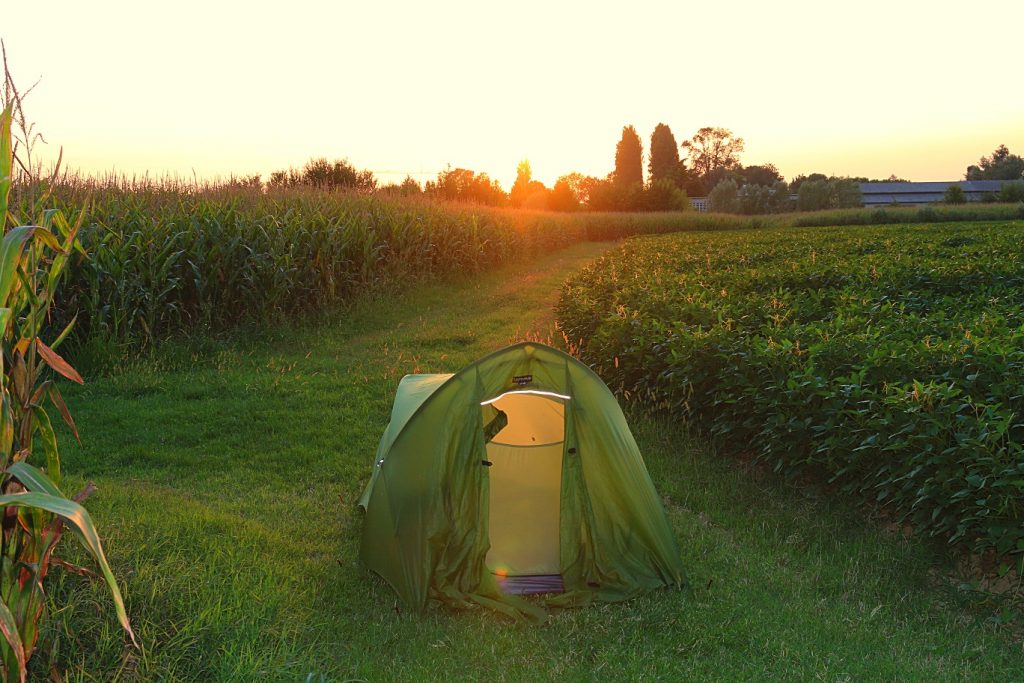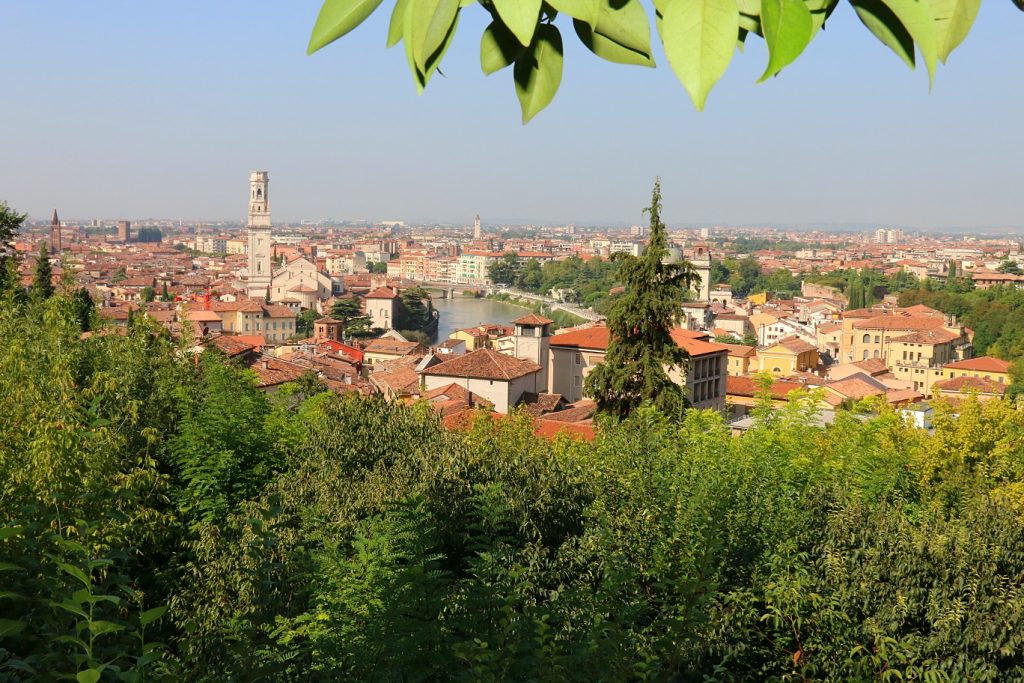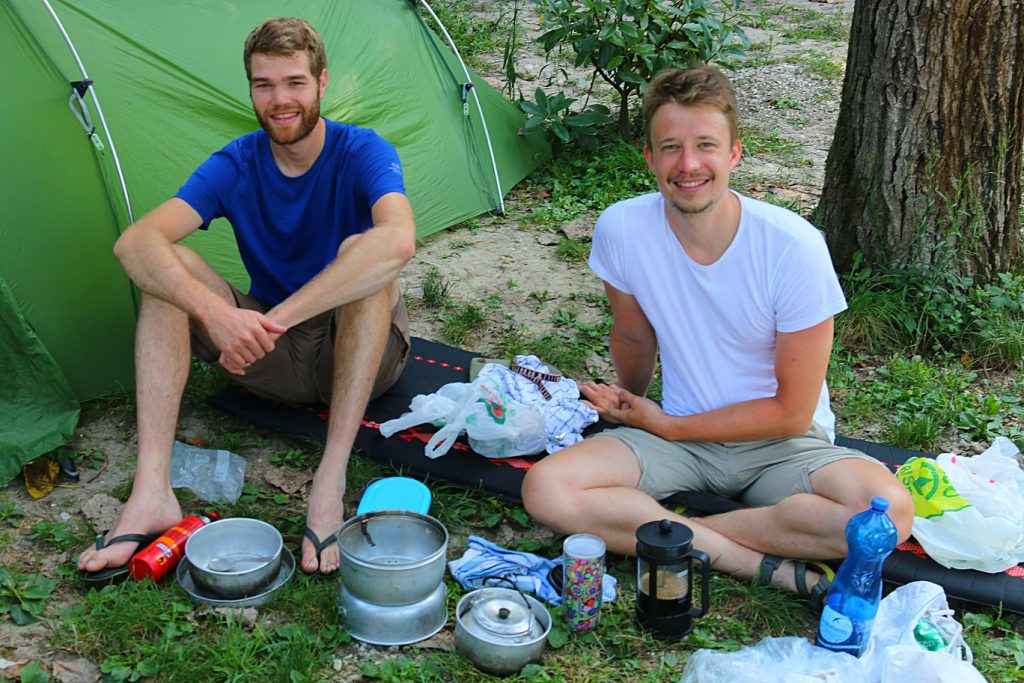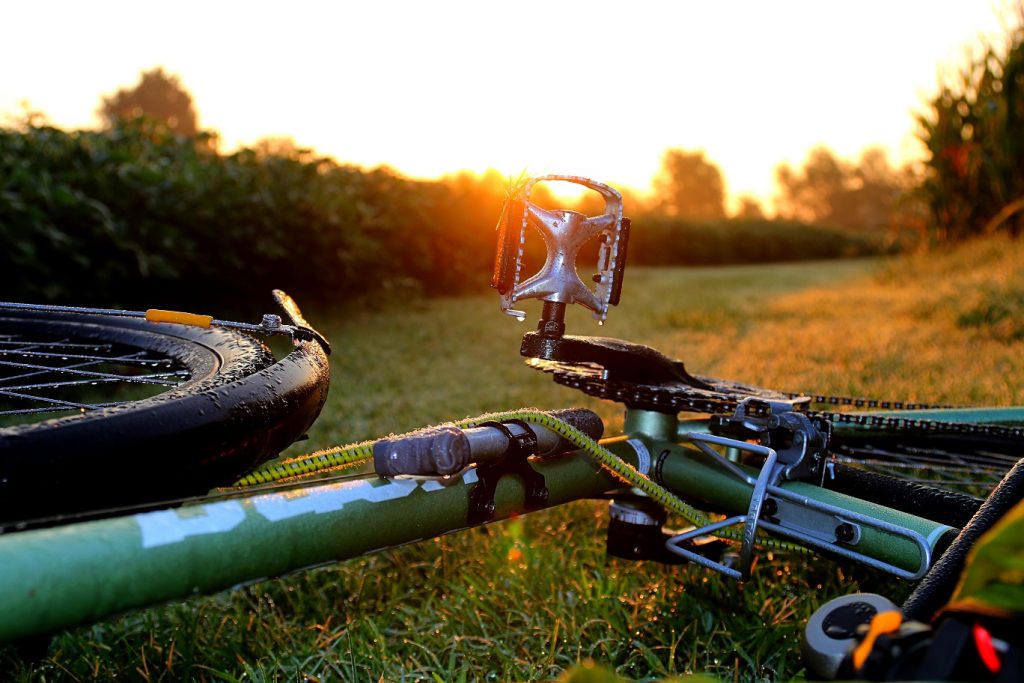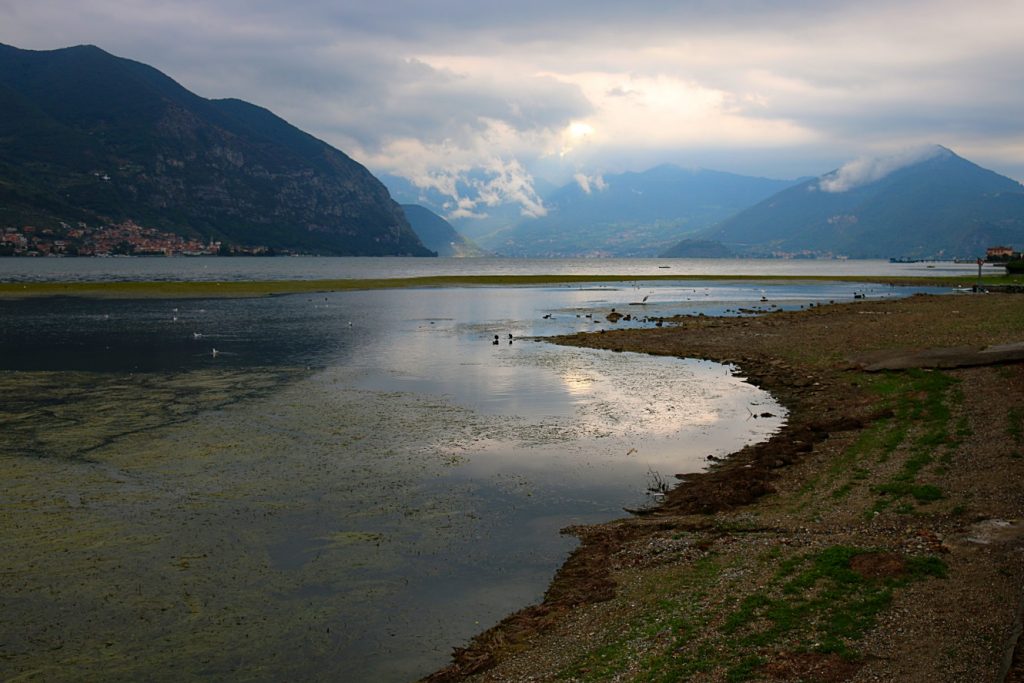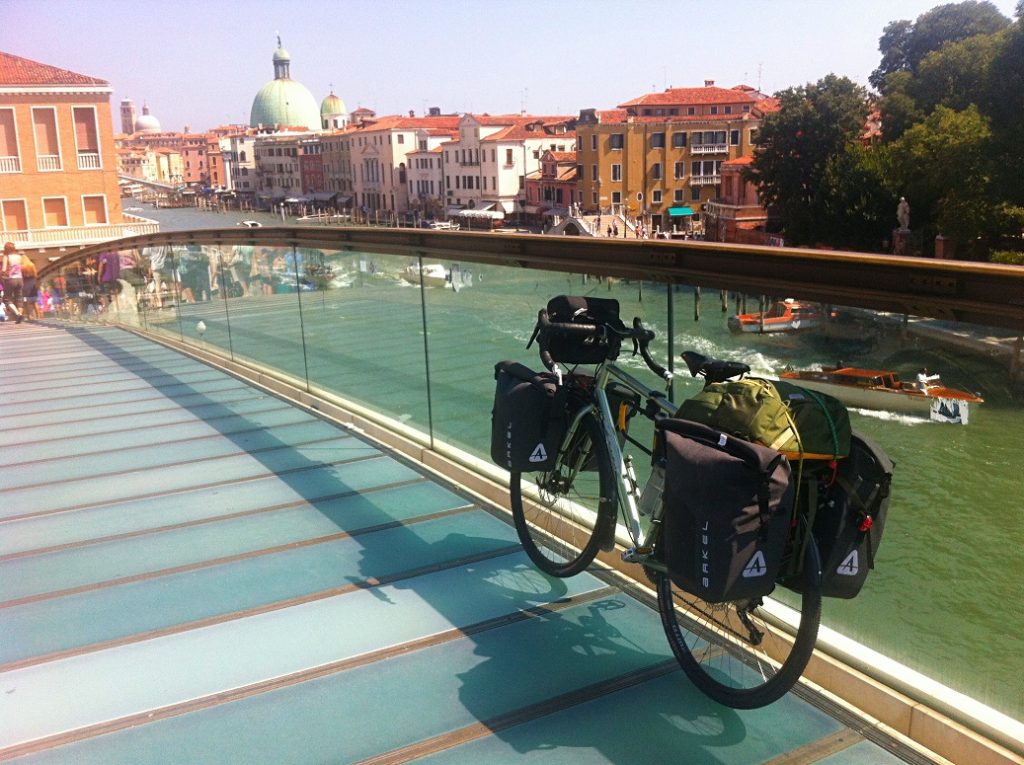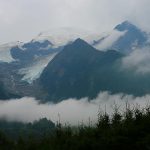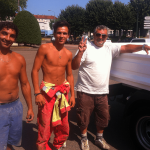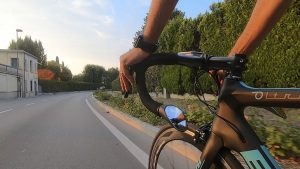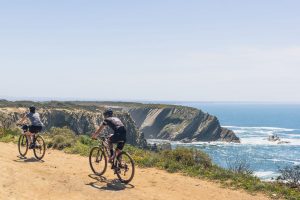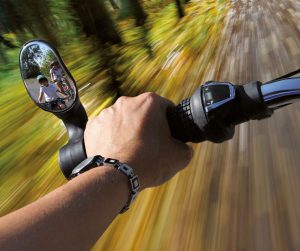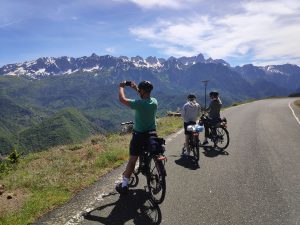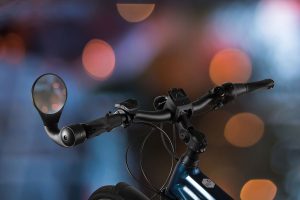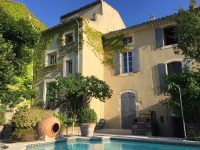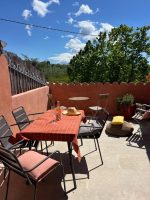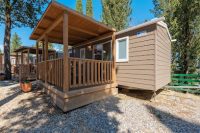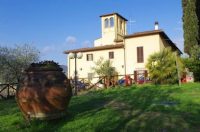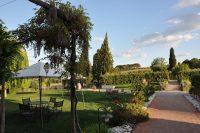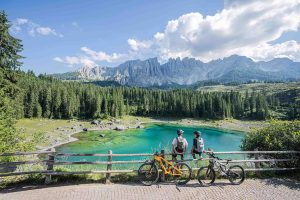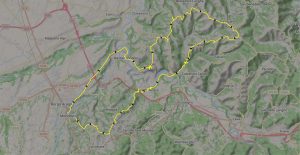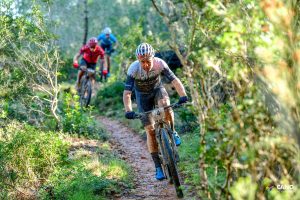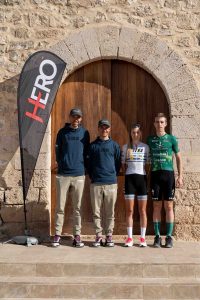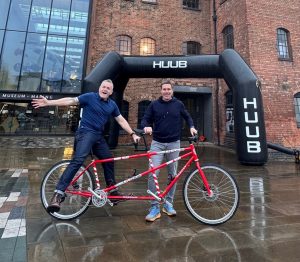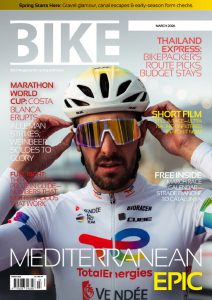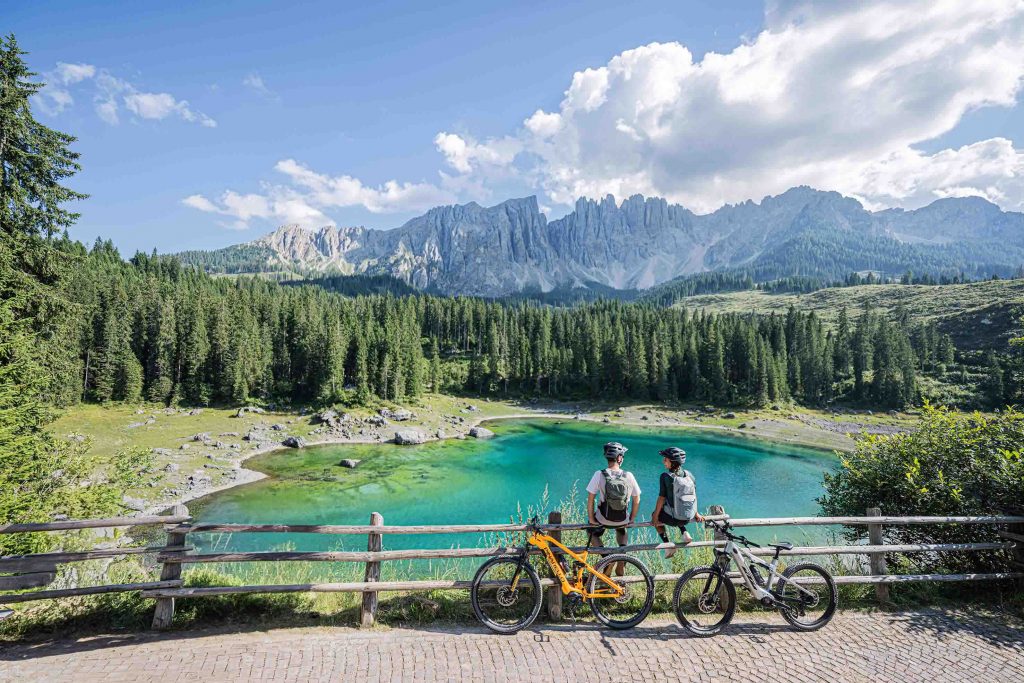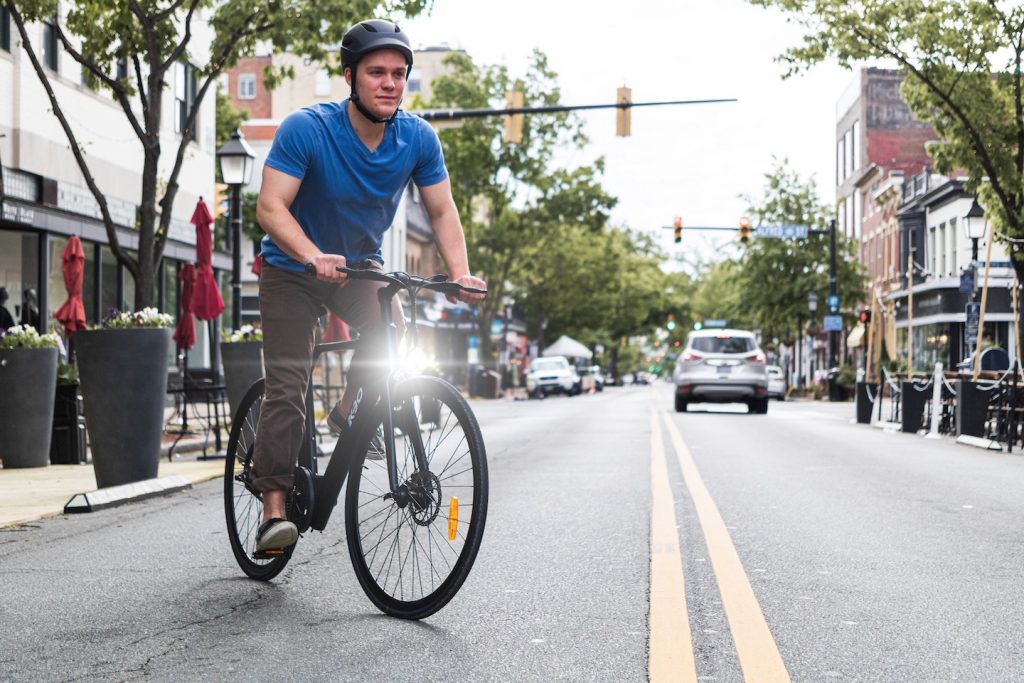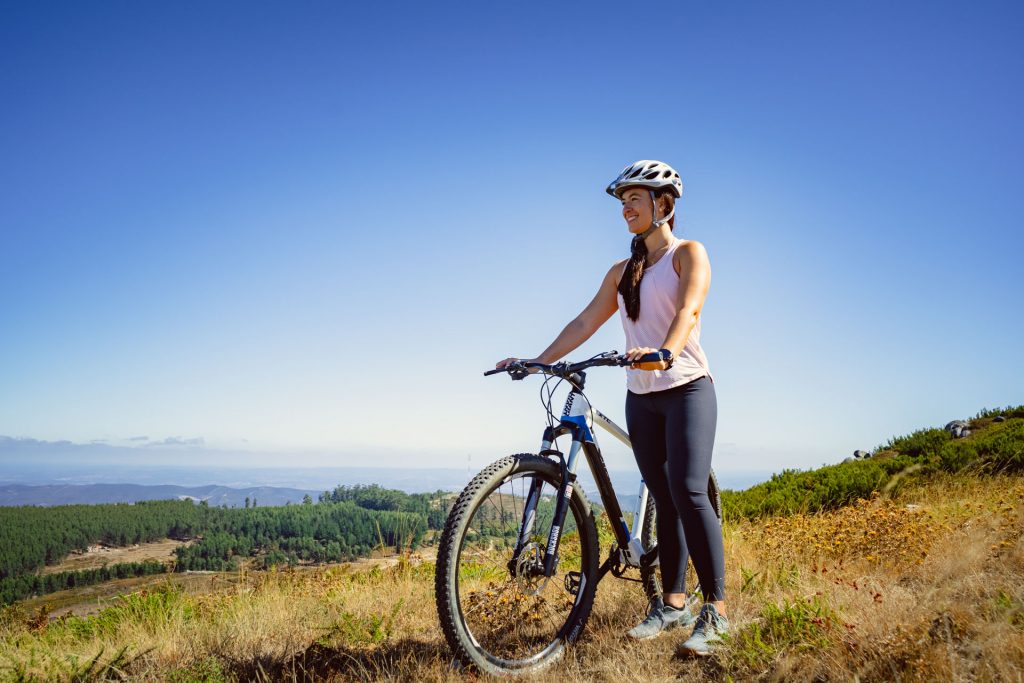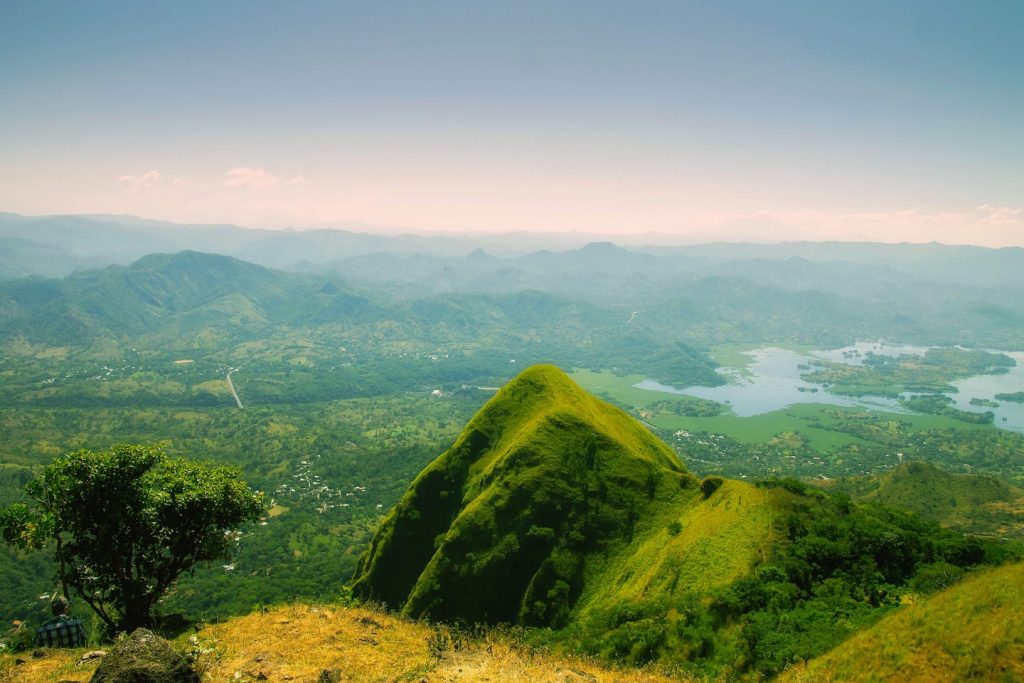Bicycle Diaries: One woman’s solo cycle from London to Tehran: Stage 2
If there’s one lesson I hope to take away with me after this trip, it’s this: there is never a good reason for taking a ukulele on a bicycle. Remember it, write it down; it’s important. If I save just one person from suffering in the way I have suffered, this whole endeavour will have been worthwhile.
The problem is that bicycles were never designed to carry ukuleles. They are designed to carry bags, panniers, parcels; sturdy, docile things that stay where you put them and lack an independent spirit. Ukuleles aren’t like that. They are fickle and flighty, and have pretensions of freedom far beyond their station. ‘I could have been a star!’ you hear it cry behind you as you puff and splutter along a country lane. ‘Jammed with George Harrison! Plucked by Pearl Jam! But instead here I am, bound and gagged three inches from your rump, forced into a life of humiliating depravity.’
At which point it throws off its manacles and pitches itself boldly onto the road – where it lies, stunned and subdued, until it is whisked back up and lashed with punitive impropriety against my arse again.
Two or three times a day we go through this ritual, which I humour with good grace and patience. In the meantime, I focus on hauling myself inch by inch across France. Over the course of a week, I progress leadenly through Gisors, Paris, Brie-Comte-Robert, Sens and Chablis, interspersed with endless sun-soaked fields of wheat, corn, barley and oats. Tiny villages appear and recede, each a charming rustic nutshell of cobbled streets, stone homesteads and ivy-clad barns. Flowers sprout everywhere, on walls and windows, balconies and balustrades, and I am saturated by smells: honeysuckle, cinnamon, lavender, rose.
Of course, I can’t enjoy any of this. I am focused purely on survival. Particularly troublesome are certain anatomical parts that I won’t ask you to dwell on too closely. My Brooks saddle, I have been reliably informed, will ‘soften up’ eventually, although at this stage I hardly see how that can be possible short of performing La fille mal gardée’s clog dance on it every morning.
According to my buttocks, which have become fairly expert on the matter, it is constructed from a form of steel-reinforced granite, almost certainly embraced by medieval disciplinarians for the punishment of unruly degenerates. The day it transforms into a sugary puff of clouds and fairy dust will certainly be a day of celebration, and no doubt go down as one of history’s great scientific miracles.
I am keen to share my suffering with people, but sadly France turns out to be almost entirely empty. Even when I meet someone, communication isn’t easy. Almost nobody speaks English and I am forced to dredge up dusty relics of GCSE French, punctuated by increasingly desperate gesticulations. It’s far from ideal, but people generally seem receptive to my vivid descriptions of their pets and aunts, and my unsolicited directions to la discothèque.
I also discover that almost nowhere has wifi. Instead, I am directed time and time again to McDonald’s, usually tucked sheepishly a couple of miles out of town. Soon I started associating the golden arches with my portal to the outside world, my heart leaping as a small portion of my soul dies.
France’s reluctance to embrace progress seems almost a point of principle: we’ve nailed it, the country declares, surely others should adapt to us? And it has a point. When it comes to the important things in life, the French are hard to beat. You eat well – cheese, charcuterie, bread, boeuf – or you don’t eat at all. American ideals of convenience and consumerism have no place here. Any why not? Nobody wants convenience until it’s given to them, and then they just want more.
My usual dinner while camping is bread and Camembert. Most nights I sleep in the wild, though it takes me a while to get the hang of it. I frequently leave my search for a site too late and find myself racing sundown like a doomed extra in Dracula, desperate to find a suitable spot before Christopher Lee appears in my headlights, baring his fangs and beckoning me into his clammy embrace.
I make my first friends in Sens – a potentially pretty but lifeless town. R, a retired oil rig worker, speaks near-fluent English and beckons me over for a drink as soon as I arrive. It turns out he’s travelled extensively, across Africa, South America and the Middle East, and loves Iran the most ‘because of the people’.
As we talk, a young couple arrive with a baby. They are visiting from Saudi Arabia and apparently met R two years ago in this exact spot. The couple, dressed casually in shorts and t-shirts, are extremely friendly and I wonder if they have a subversive edge, keen to dish the dirt on their homeland. I ask them what their country is like; do they ever feel restricted in any way?
‘No no,’ they say, ordering a couple of whiskies. ‘Non-Muslims can drink, and we can drink in the home too.’
‘And driving? Is it frustrating not being allowed to, as a woman?’
‘I have no need,’ she says, her expression placid and unreadable. ‘I have a chauffeur. Most people do.’
In Sens, I stay the night at the bungalow of B, a local nature morte painter. He lives with his dying dog, Rocky, who sleeps in his studio and emits an overpowering stench of urine, to which B is clearly now immune. He shows me his painting scrapbook and brings out a bottle of 12-year-old Bowmore, exclaiming ‘Écosse!’ Un autre? he asks when I finish. I shake my head; I must go to bed. He pours me another.
I sleep like a stone, and the next morning B cooks me a breakfast of champions: omelette, pancakes, coffee, juice. It is just the first of many kindnesses I am to experience on the road and I feel deeply grateful.
After an enjoyable overnight stay in Chablis, where I revive my parched spirits with an emergency half-bottle of 2009 Domaine Vocoret et Fils Les Forets, Chablis Premier Cru, I plough on to Avallon: a lively, charming town with an economy curiously dependent on the manufacture of gingerbread. It’s also unrelentingly, unforgivably cobbly.
The longer I cycle, the more strained my relationship with cobbles becomes. They may look pleasant; they may repel mud and dust, and grip well on horses’ hooves – but so what? Hooves are few and far between these days, and aesthetics a long-proven obstacle to progress. In many ways, cobbles are a worrying anachronism; a throwback to a bygone era of discomfort, hardship and haemorrhoids.
Why a civilised, 21st century person should be exposed to such indignities in this day and age is beyond me. Because, to be absolutely clear, there is no respectable way to cycle along a cobbled road. Sit down and your rump is pulverised like a soft-boiled potato; stand up and you triumphantly impose said rump on the world. Go fast and you appear to be having some kind of seizure; go slow and there’s the concern people might think you’re enjoying it.
My suggestion is that we be done with them once and for all. And I say this not just for me, but for every poor, innocent bystander who has had the unfortunate experience of seeing me glide into their town with all the languid grace of an oversexed electron.
And grace is certainly not on the agenda on the road to Autun. Having had no rest days so far, I am spent almost before I start. My lower back burns, shooting pains spear my left leg and my Achilles tendon creaks ominously. More concerningly, I seem to be losing the use of my right hand completely. Simple tasks are now beyond me, like taking the top off the toothpaste or swearing at bad drivers.
A series of increasingly alarmist internet articles tell me I have something called ‘handlebar palsy’, or ulnar nerve damage, and should stop cycling immediately. Perhaps I’ll end up losing my hand altogether, I ponder, and become one of those celebrity amputees who wins the love of the nation by raising money for disabled children while climbing Kilimanjaro. I imagine being interviewed by Jon Snow and the tone I’d assume: modest and stoical, with a hint of self-deprecating charm. I’d be a massive hit, I know it.
It’s a reassuring thought, but I can’t distract myself for long. It’s now 36 degrees and the hills feel monstrous. I feel like Sisyphus heaving his rock up the mountain, ceaselessly, fruitlessly. Finally, at the 43-mile mark, I collapse. There’s no way I’m dragging myself the final ten miles, I swiftly decide – so someone else is going to have to do it for me.
I’m no stranger to hitchhiking, but I feel a little nervous about it. The last time I did it was in Mexico in 2004, when I’d been forced to accept a lift from a textbook psychopath after waking three hours late for my bus back to California with a splitting headache and a Chinese tattoo meaning ‘bottoms up’ mysteriously inscribed on my lower back. I hadn’t wanted to go with him, but no-one else would stop for me, strangely.
This time I do better. After 20 minutes of ruthless rejection, a pick-up truck finally pulls over, driven by two semi-naked Adonises and an older gentleman. Rushing eagerly to their window, I suddenly hear myself telling the barefaced, brazen lie that I’ve hurt my ankle and need to get to the next town for help. It’s a deeply shameful moment that I take no pleasure in recounting here, and that I have absolutely no doubt I would repeat again given the smallest opportunity.
When we arrive, the older man asks if I want a hospital. I assume he is making a joke about travelling in the bumpy truck and shake my head, guffawing loudly. It’s only as I bound away like a gambolling fawn that I remember I’m meant to have a twisted ankle, and break into a belated, deeply unconvincing Keyser Söze-esque limp.
The next day is my birthday and I wake to the sound of rain, which is a blessed relief after the searing heat of the past week. I take the day off as a treat and gorge myself shamelessly, senselessly, washing it all down with glasses of delicious, creamy Pinot Noir and Beaujolais.
The rain continues the following day, and my hand is still a dead weight. It’s starting to worry me. What if I have to end the trip prematurely? Perhaps a more subtle version of the film ‘127 Hours’ could be made about the first 12 days of my trip, I console myself, in which my hand gets increasingly achy until I have to seek medical attention. We could throw in the topless truck drivers and call it ‘One and a Half Weeks’ in the hope people might think it’s somehow related to the Kim Basinger classic.
Trying to put it out of my mind, I slowly slog my way towards Geneva via Chalon-sur-Saone, Macon and Oyonnax: tough, buttock-pummelling rides. Finally, my labours bear fruit as uphill climbs morph into triumphant descents surrounded by emerald lakes and thick, tree-clad gorges.
Then, suddenly, I am in Switzerland. I am surprised by the lack of border, and discover afterwards it is one of four non-EU members of the Schengen Agreement to eliminate passport controls. It’s a good feeling, swooping seamlessly into another country without any kind of barrier. On a global scale, this is surely the ideal: a world without boundaries, where all can move freely.
I have mixed feelings about Switzerland, however. Is it a sinner or a saint? As the global headquarters of diplomacy and human rights, it is home to the UN and provided the setting for the Geneva Conventions. On the other hand, it happily acts as a shadowy playground for rich financiers via banking secrecy laws that help perpetuate criminality and inequality across the world.
For me, the country is a little like a rich, philanthropic uncle whose polished exterior belies a myriad of unsavoury secrets — not to mention a deeply traditional set of social values. My friend K, who I am staying with, tells me there are worrying strains of sexism and racism among society. In 2009, a ban on new mosque minarets was approved in a national referendum following an aggressive campaign by a group of mainstream politicians, who released posters of niqab-clad women standing beside minarets resembling missiles.
It is a sad counterpoint to the Schengen ideals. Country borders may dissolve, but new, stronger ones emerge – between people, communities, cultures. To belong means to exclude, and the instinct to belong runs deep and has run since the beginning of time.
I dwell only momentarily on the primeval tribal urges of the human condition, however. Overjoyed to have briefly escaped my canvas coffin, I slip contentedly into a refreshing, deep, dreamless sleep. Next stop, I think excitedly as my eyelids droop: Italy!


